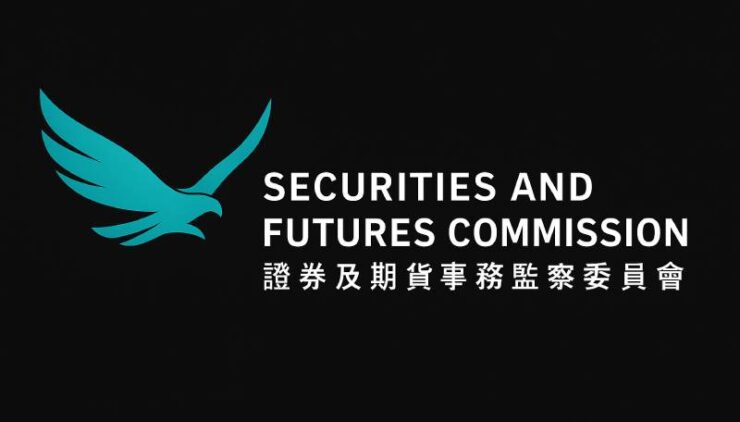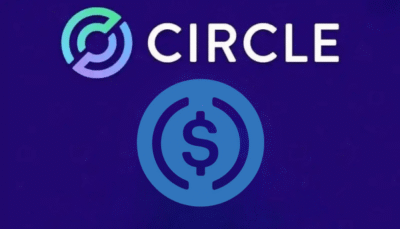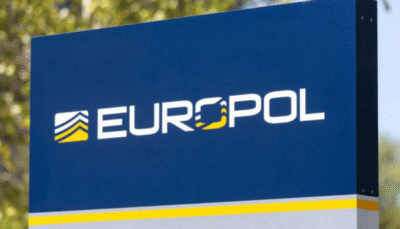Hong Kong’s financial regulator has formally approved crypto staking services for licensed firms, opening the door to broader virtual asset participation in one of the world’s fastest-growing digital markets.
On April 7, the Securities and Futures Commission (SFC) released detailed guidance allowing virtual asset trading platforms (VATPs) and authorised virtual asset funds (VA Funds) to engage in staking. The move is part of a broader strategy to position Hong Kong as a regulated crypto hub in the Asia-Pacific region.
The guidance, published alongside SFC Executive Director Christina Choi’s keynote at the Hong Kong Web3 Festival 2025, was described as a step toward “rewriting the rules” of finance. Choi emphasized the pace of technological change, drawing parallels between outdated floppy disks and blockchain’s evolving potential.
Regulator Sets Guardrails for Staking Services
The SFC’s framework requires licensed platforms to secure prior written approval before offering staking services. According to the circular, platforms must “maintain possession or control of all mediums” for withdrawal and implement safeguards against potential losses or disruptions.
These include protection against slashing penalties, technical vulnerabilities, and long unstacking durations. Staked assets must be safeguarded, and all associated risks—ranging from lock-up periods to hacking threats—must be clearly disclosed to investors.
Funds authorised by the SFC are now permitted to stake virtual assets, but only through licensed VATPs and institutions. These engagements are subject to caps designed to manage liquidity risk and must follow strict disclosure and custody protocols.
“Broadening the suite of regulated services and products is crucial to sustain the healthy advancement of Hong Kong’s virtual asset ecosystem,” said SFC CEO Julia Leung.
However, she added that expansion must occur “in a regulated environment where the safety of client virtual assets continues to be front and centre.”
Market Expansion Follows ETF Milestone
The new staking guidelines are part of the SFC’s “ASPIRe” roadmap, published in February, which outlined a five-pillar plan to enhance access, security, and product diversity in the virtual asset sector.
Hong Kong’s approval of spot Bitcoin and Ethereum exchange-traded funds (ETFs) in April 2024 made it the first jurisdiction in Asia to do so. The move significantly boosted investor confidence and institutional interest in the city’s digital asset offerings.
Financial services firm State Street has projected that Hong Kong’s digital asset market could exceed $700 billion in 2025. If realized, this would make it larger than Japan’s and establish Hong Kong as the leading ETF market in Asia.
Choi suggested that blockchain technology, like the floppy disk in its time, may fundamentally alter how financial systems operate, reflecting the rapid pace of digital transformation.





